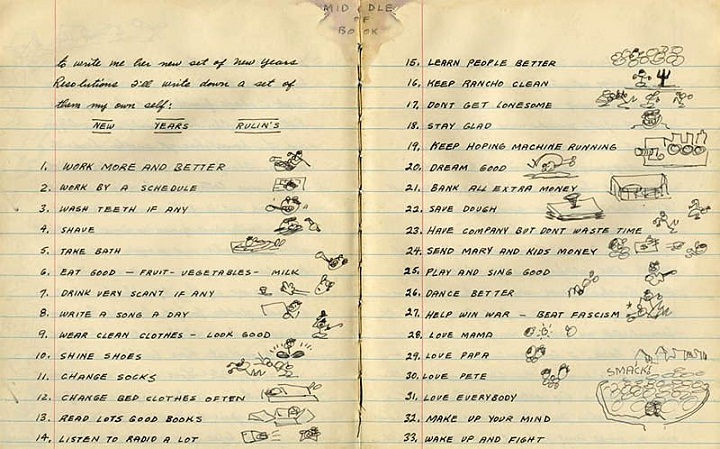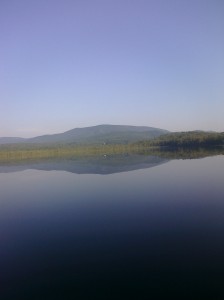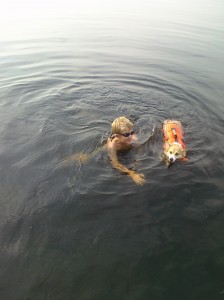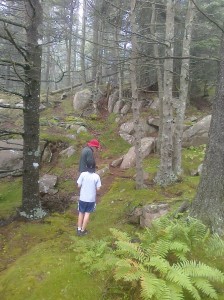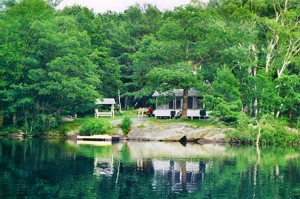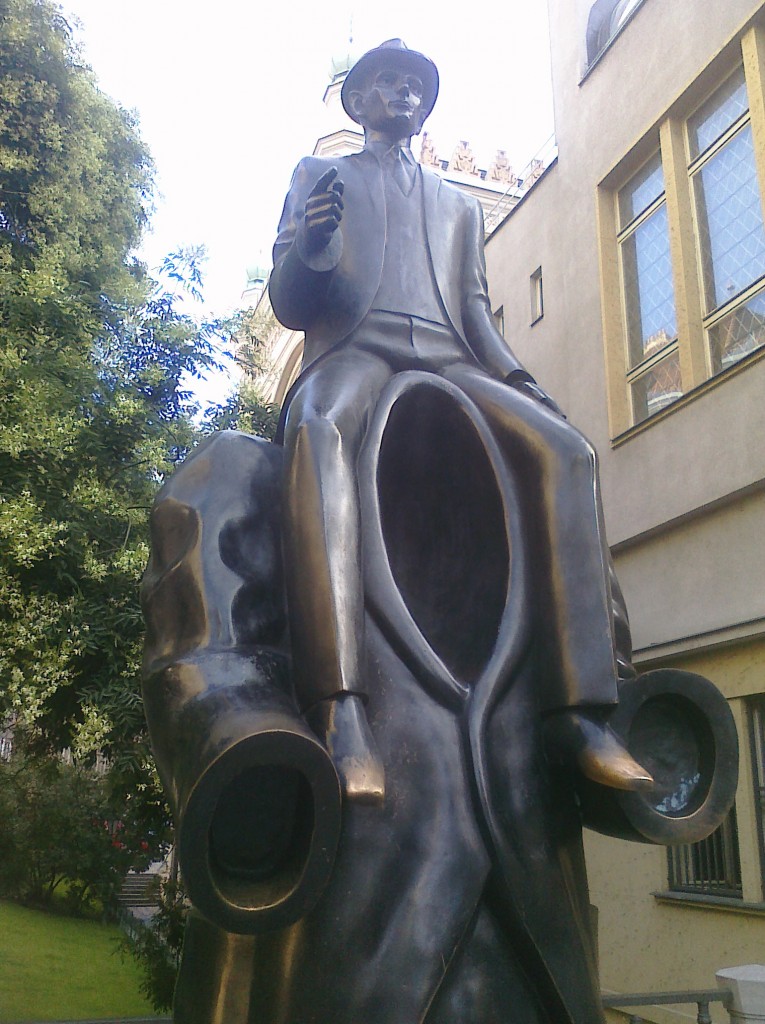Humanities Research and “Impact”
My old grad school buddy John Staines sent me to this Chronicle article via Facebook. The very short summary is that, at least according to Google Scholar and some other quickly-formed citational studies, not all of our humanities articles and books are widely read, cited, or otherwise influential in ongoing scholarship or the wider public. Surprised, are we?
There are lots of problems with this study: Google Scholar does not really do what this author wants it to do; the ten-year window might be too short to get a good read on impact, given the glacial publication cycle is in the humanities; and the breakthrough rate observed — maybe 1 book out of 10 showed a sizable spike in citations? — does not seem all that bad, esp when compared with comparable industries like commercial book publishing, in which 10% of the titles generate 100% of the profit, or film & TV, which I think operate under a similar model.
I also doubt the core claim: that pressure to publish quickly and abundantly makes us all “worse teachers and colleagues.” The article provides no real evidence on this point, just suggestions that junior faculty suffer under “publish or perish” and anecdotes about shutting the office door in a curious student’s face because the professor needs to keep working on the book. I don’t question the anxiety, but I doubt the bleakness of this scenario. Do most assistant professors seem to their students or colleagues to be “nervous, isolated beings who end up regarding an inquisitive student in office hours as an infringement”? Not in my department. It seems just as likely that publishing makes all of us better teachers and colleagues: better writers, more ambitious thinkers, and more widely knowledgeable in our own and cognate fields.
But even as I don’t think this article has its facts or interpretations right, I do think there’s a problem lurking in those weeds. We humanities scholars work very hard creating the products of our research, which mostly means writing articles and books, and in some cases also building web-interfaces or curating exhibitions or similar things. But when the thing is in print we mostly stop working on it. We mostly don’t think it’s our jobs to make sure that the work gets into wider circulation: we off-shore that job to journals and presses, which mostly don’t have strong publicity departments anymore, even if they once did. Maybe what we need isn’t less scholarship, or even better scholarship, but better press.
(Parenthetically, I also wonder if this article is adapting the “impact” requirement in the UK’s Research Assessment Exercise, which especially values notices of scholarly work in the popular press or other non-scholarly media.)
So my question is — what would happen if we decided to take on more explicitly this job of publicity and outreach? What if we valued it and rewarded it, so that our intellectual task is not done when the book appears in print, but continues, and getting its core ideas or findings to different audiences is part of the program? What if, rather than outsourcing publicity to the shrinking staff of University Presses, we started to think of it as something we do ourselves, through partnerships internal and external to university cultures?
To some extent we already do this, by giving talks at conferences and academic events big and small, by sharing bibliographies, by formal and informal intellectual exchanges. The growth of Facebook and academic blogs has presumably expanded the reach of this practice: I wonder how hard it would be to prove that FB sharing increases academic book sales or future citations? Not very hard, I imagine.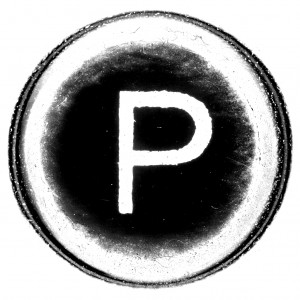
One model for my thinking about this sort of thing is the medievalist conglomerates that circle around the In the Middle blog and the BABEL Working group — Eileen Joy, Jeffrey Cohen, Karl Steel, lots of others. Plus a few other academics whose work I’ve encountered mainly via the web: Graham Harman, Tim Morton, Sarah Werner, a few others. I’d bet — though I’m not sure how I’d go about proving it — that all these people’s work has more “impact” b/c of their web outreach. Self-promotion, I suppose — oh, the horror! — but it’s promotion in the form of engagement and intellectual exchange, which is more fun than just mailing flyers or postcards.
Eileen, a co-founder of BABEL & co-editor of two open sources publishing projects, punctum books and O-Zone, is really visionary in this area. What I like most about her thinking on this topic is that she does not assume that open source means cost-free; she asks us to build private and public associations with various institutions — not just universities, but also libraries, museums, civic groups, etc — interested in and willing to pay at least something to support ideas and exchange. See her bracing set of comments about open access publishing back in October.
As she says —
We’re smart, creative people. We can do this. We can look at and even grasp and remold the bigger picture, and we do it not just for ourselves, but in order to create the spaces and breathing-room and necessary *outlets* for the greatest amount of production possible of the greatest number of ideas. There is no more virtuous work in my mind in the academy at present, and it isn’t free.
Pine Island Glacier, Antartica
 This is the glacier responsible, according to NASA, for 7% of world sea level rise.
This is the glacier responsible, according to NASA, for 7% of world sea level rise.
Graham Harman: Litanies and other speculations
I can’t seem to sign in to comment on his blog, but Graham Harman very generously replied to my comments on his talk and Speculative Medievalisms II in NYC. It’s a clarifying & informative comment, & a great example of how the blog-interface speeds up intellectual exchanges: now I know at least one good way to pronounce OOO (“triple-oh”), and I have another reason to read Meillassoux‘s After Finitude, to source the “great outdoors” phrase I’ve seen in a few places.
Some interesting thoughts too on “Latour litanies,” which I had mis-cited as “Latour lists,” and for which Harman posits a literary genealogy going back to Homer’s catalog of ships, any mention of which makes me want to quote Mandelshtam:
Sleeplessness. Homer. Taut sails.
I have counted half the catalog of ships,
That caravan of cranes, the expansive host,
Which once rose above Hellas…
On these lists, however, I wonder if we’re thinking about two slightly different but related versions of the literary catalog. The Borges lists I was thinking of work by being internally off-kilter; they set up one kind of accumulative logic and then violate or distort that logic, so that the list — perhaps, for Borges, like systematic thought itself? — becomes a dynamic, shifting, unstable system. The canonical example in Borges, which has generated its own accurate-seeming Wikipedia page, is the one Foucault made famous in The Order of Things, a catalog of possible types of animals —
- Those that belong to the emperor
- Embalmed ones
- Those that are trained
- Suckling pigs
- Mermaids (or Sirens)
- Fabulous ones
- Stray dogs
- Those that are included in this classification
- Those that tremble as if they were mad
- Innumerable ones
- Those drawn with a very fine camel hair brush
- Et cetera
- Those that have just broken the flower vase
- Those that, at a distance, resemble flies
I’d have to go back to Latour to think about whether his signature style is list-eating lists a la Borges, or a more straightforward or comprehensive catalog such as Homer’s — though for me at least the corrosive effect of Borges’s lists is to make all such litanies seem unstable or provisional attempts at ordering an inherently disorderly and dynamic cosmos. My guess is Latour’s litanies work this way too. Borges certainly isn’t the first to write such thought-fracturing lists; Shakespeare’s “Where a malignant and a turbaned Turk,” one of Borges’s own favorite lines, probably fits into this category despite being a list with only two terms in it. It would be easy to find other examples.
In some sense, perhaps, might Borges anticipate OOO’s world of withdrawal and circulation? Or, perhaps, is it just that it sometimes seems to me that Borges started, anticipated, or proleptically critiqued almost all the really interesting intellectual trends I know?
Maine 2011
Gone Swimming
Leopards in the Temple
On my long flight home from Prague, I thought about Multitudinous Seas, about a research network that would connect London to Providence to Cape Town to Calcutta, about how I’ll deal with the heat wave I’ve flown back into, and about the weird surging liveliness of a gorgeous ancient city overrun by touristas.
I also spend many transatlantic hours reading and thinking about Kafka.
Leopards break into the temple and drink the sacrificial temples dry; this is repeated over and over again; finally it can be calculated in advance and it becomes part of the ceremony.
In years of mulling this astounding aphorism, I’ve usually thought it was about literary history, change, and continuity. For a while I even thought I’d use it as an epigram for my dissertation, as a way to explain what I was working out about genre theory and early modern narrative romance. Now I think it’s got an eco-angle too, since it’s a great, compact example of what literary culture does best and what we need to do in relation to ideas of ecology, namely come to terms with radical change.
After spending a week between Kafka’s house and the Hard Rock Cafe in Prague, I now think it’s also about Prague as a historical artifact, with its layering and mixing, its many languages and eras and communities. Old cities create such amazing chrono-mixes.
I suppose it’s also possible that Kafka was thinking of this very famous pub, the drinking home base of the great Prague poet Bohumil Hrabal, where Vaclav Havel once brought Bill Clinton for a symbolic beer. We tried to get in last Thursday night, but they don’t really serve tourists, esp not close to closing time. 
At the Sign of the Hippo
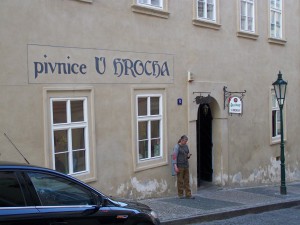 In case you’re wondering where the best Pilsner is the world is brewed and served, it’s right here under the sign of the Hippo, U Hrocha, Thunovská 10, partway up the hill to the Castle on the other side of the river from Old Town Square. They make tourists stew a bit before serving them, but it’s worth it.
In case you’re wondering where the best Pilsner is the world is brewed and served, it’s right here under the sign of the Hippo, U Hrocha, Thunovská 10, partway up the hill to the Castle on the other side of the river from Old Town Square. They make tourists stew a bit before serving them, but it’s worth it.
Kafka’s Head
Staronestsje namesti
- « Previous Page
- 1
- …
- 32
- 33
- 34
- 35
- 36
- …
- 42
- Next Page »
